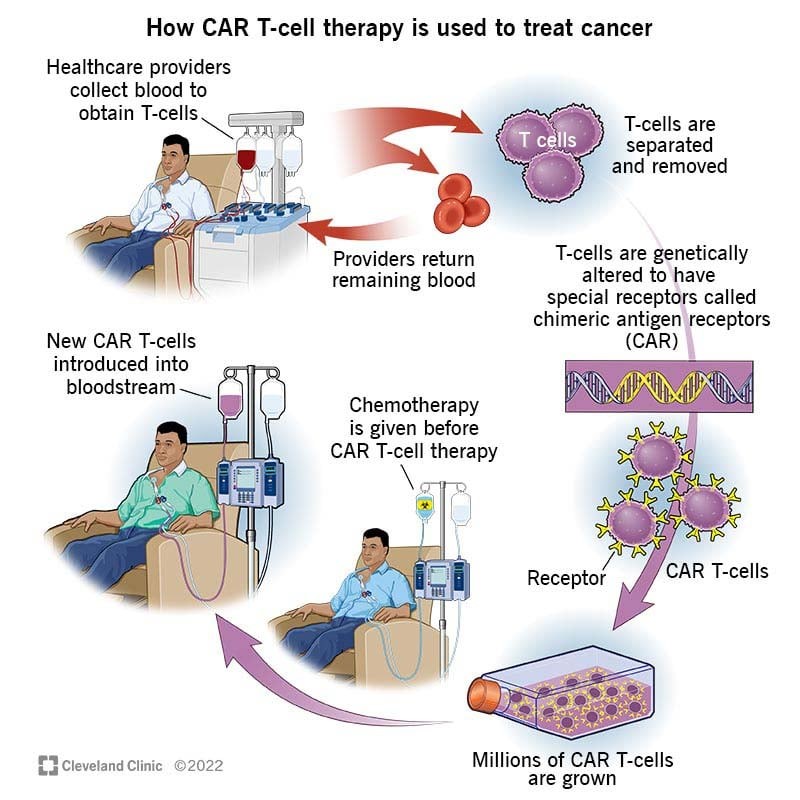900 319 0030
enquiry@shankarias.in
A new development in the field of cancer research called CAR T-cell therapy is currently holding the attention of many researchers worldwide.
As per the Globocan estimates, the cancer burden worldwide is expected to be 28.4 million cases in 2040, a 47% rise from 2020, due to demographic changes.
Types of cancer
Status of cancer in India
Conventional treatment methods
Other technologies related to cancers

References